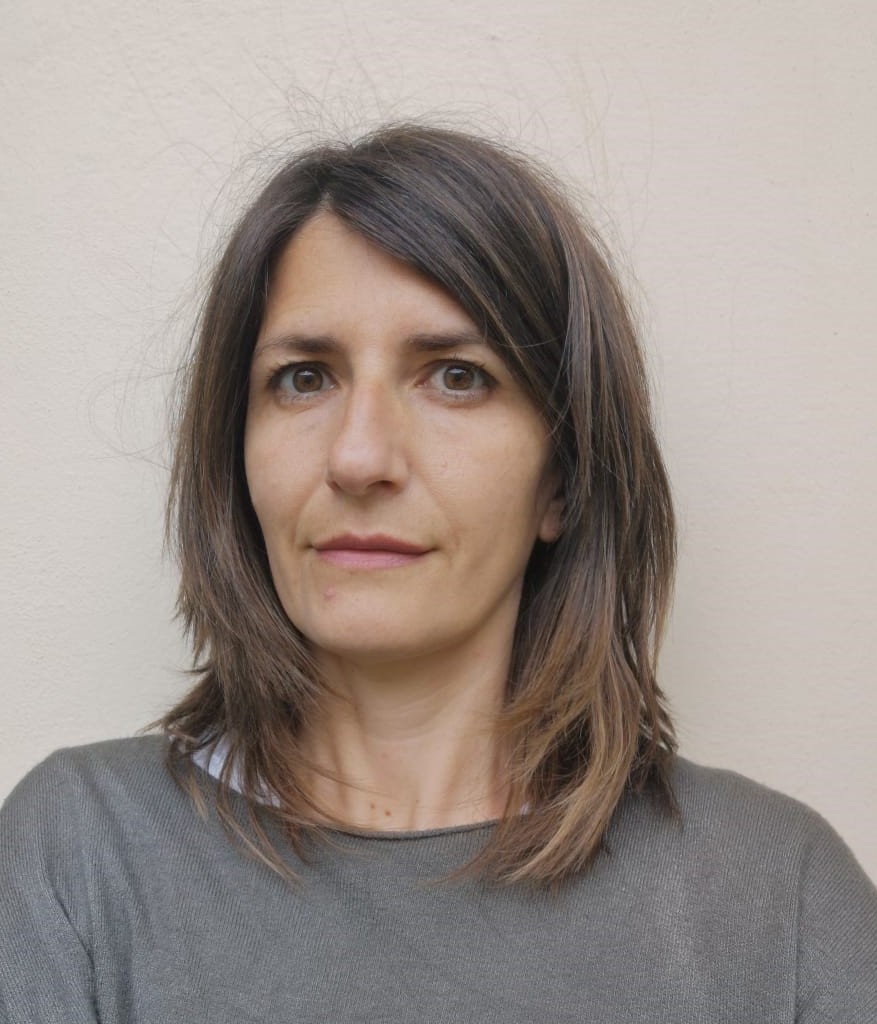Partners

Istituto per lo studio, la prevenzione e la rete oncologica
The “Istituto per lo studio, la prevenzione e la rete oncologica” (ISPRO) is a public Research Institute belonging to the National Health System of Italy and Tuscany Region (3.7 million people), endowed with public legal personality and organizational, administrative, and accounting autonomy. ISPRO main aim is to promote and study primary, secondary and tertiary cancer prevention interventions and to organize and coordinate pathways of research programmes, diagnosis, treatment, and rehabilitation in oncology, in collaboration with hospitals and local health units. ISPRO activities include epidemiological evaluation and surveillance, management of registries, design, implementation and monitoring of screening programmes, and coordination of the Tuscany cancer network for the definition and monitoring of clinical guidelines, and oncological diagnostic and therapeutic pathways.

Giuseppe Gorini
Giuseppe Gorini is a senior epidemiologist. Degree in Medicine, Specialisation degrees in Public Health and Biostatistics. Dr. Gorini is Senior Researcher in the Consortium ISPO – ENSP (European Network for Smoking Prevention) that in October 2013 signed a Framework Service Contract with the Executive Agency for Health & Consumers – European Commission no. EAHC/2013/Health/10/Lot 2: Labelling, packaging, presentation and marketing of tobacco and related products (Labelling-Lot). Giuseppe was Principal Investigator (PI) in the 2010 CCM Project “Future scenarios of smoking prevalence and smoking attributable deaths in Italy using simulation models of impact of tobacco control policies”.

Saverio Caini
Saverio Caini is a medical epidemiologist and is currently working at the Institute for Cancer Research, Prevention, and Clinical Network (ISPRO) in Florence. He has over 15 years of activity in the field of cancer epidemiology, and his main research interests and lines of activity are in the study of risk and protective factors for cancer development, particularly focusing on lifestyle (smoking, diet, alcohol intake, physical activity, overweight/obesity, etc.) and environmental exposures (e.g. chemicals like heavy metals and other pollutants). Also genetic predisposition, mechanisms of cancerogenesis (e.g. epigenetics, -omics, DNA adducts, inflammation, etc.), and other markers of risk (e.g. mammographic density for breast cancer).

Giulia Carreras
Giulia Carreras is a biostatistician who has been working at the Institute for Cancer Research, Prevention and Clinical Network (ISPRO) of Florence (Italy) since 2008. Author of several papers in the field of primary prevention and public health assessment, she mainly deals with the development of statistical and epidemiological methods applied to the health field, in particular to issues relating to impact assessment.